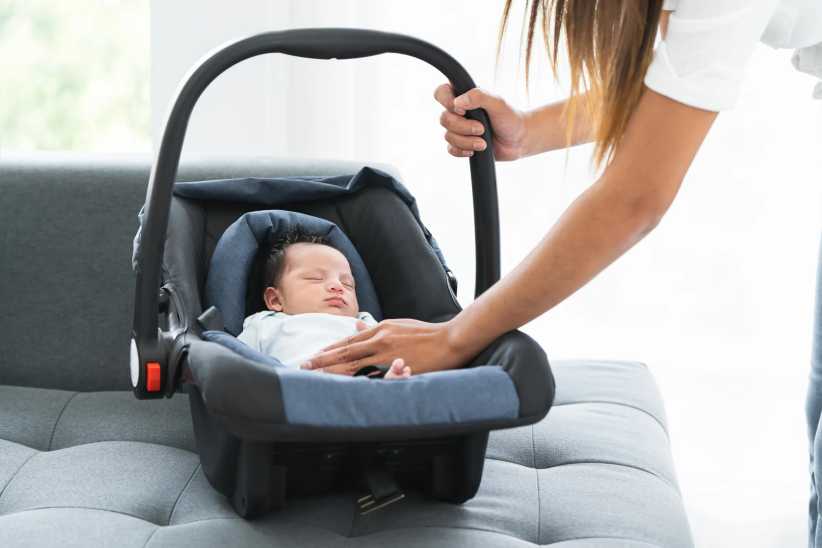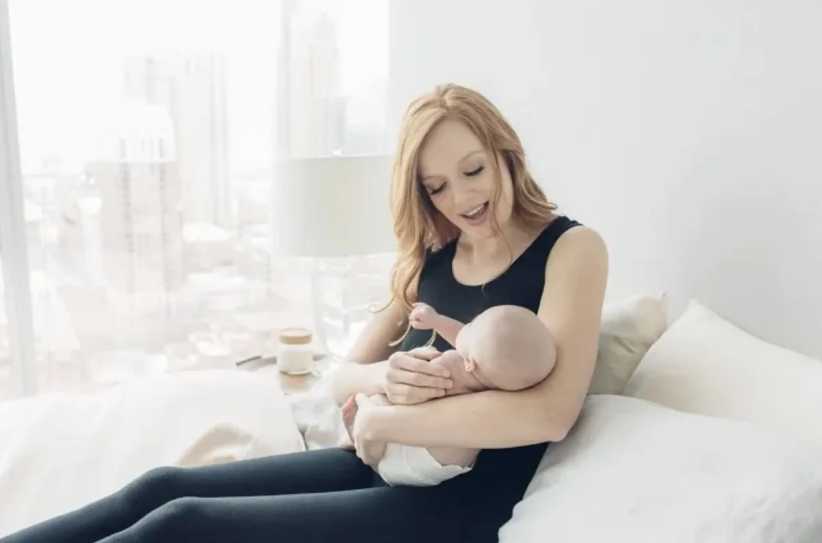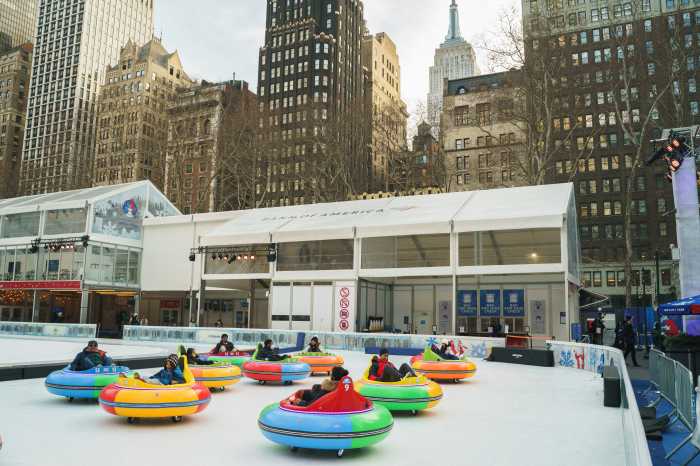There’s perhaps no better authority on child development than British-born psychologist Penelope Leach, who’s been writing about the topic for more than 30 years.%uFFFD
Her latest research is focused on the state of child care in America—and not surprisingly, she sees “work-home balance” as the major issue of the day. In “Child Care Today,” Leach presents a slew of interesting facts, figures, and anecdotes that help parents weigh different child care options when deciding what’s right for them. She also explores how we as a nation can improve our child care system moving.
In order to help parents understand what’s at stake when they’re thinking about child care, do you subscribe to the general notion that the first year of a child’s life is the most important in terms of their long-term development?%uFFFD
Yes. The attachments a baby makes during the first year to parents and/or other care providers lay the foundation for his ability to cope with whatever happens to him later. If the first year was good, a toddler will cope better, even with disaster. In fact, that old quote, “It is better to have loved and lost than never to have loved…,”applies as much to babies as to adult lovers.
You cover a lot of different types of child care in your book, including care by full-time mothers, shared care by mothers and fathers, day care, and nannies and au pairs. What are the pros and cons when considering each of these options?
The important point is that there aren’t really pros and cons of types of care but of caregivers. A good nanny is a wonderful thing, but how does she compare with a full-time mother? And how does a mediocre nanny compare with an excellent au pair? There is no evidence to suggest that all, or even most, children are better off in parental care; it depends on the quality of that care, and that largely depends on whether or not the caring parent chooses or prefers to be at home.
Are certain forms of child care better for certain ages than others?
In general, and especially for children under 3, a form of child care that provides a high ratio of adults to children is more likely to provide high quality care. But, yes, this does depend on the age of the child. By 3 and older, the quantity of adults becomes less important than their quality: i.e. a preschool child will probably be better off in a class of 15 under a trained and experienced teacher than in a group of six with no educationist.
In the book, you write that a quality child care setting from a parent’s perspective may be different than a quality setting from a child’s perspective. How do you reconcile children’s needs and happiness with parental needs and happiness—and the fact that many mothers and fathers not only need to work outside the home, but are happy doing so?
While I hear what you say and I acknowledge that parents’ happiness matters as well as their children’s, I think most parents —perhaps it’s still especially mothers— find it very difficult to be happy at work if they know their child is unhappy with the care provided for him. Most therefore will be willing to change care provision if a child is unhappy, even if the new arrangement is less convenient (farther away perhaps) or more expensive.
The exception to this is
that a few parents are so focused on their child’s “academic progress”
that they do not take seriously his discomfort with a pencil or his need
for, say, more active outside play.
One of the aspects of
a quality child care setting is planning both structured and
unstructured play. Do you think that in some cosmopolitan areas like New
York City the emphasis on structured play has become too great?
I’m not sure it’s a
question of cosmopolitan or even affluent. There is an enormous drive
toward early, early education and an unfortunately widespread belief
that starting pre-academic early helps later performance.
What is the greatest lesson Americans could learn from the child
care options offered in Western Europe?
Apart from Australia,
America is the only Western nation offering no federally mandated paid
parental leave. Given all that we know about the importance of a parent
being able to stay home with a baby for at least several months— and for
longer if she or he would like a period of full-time parenting— this is
truly extraordinary. I would like every American parent to be aware
that parents elsewhere— in the UK, in most European countries— are
entitled to a year’s job-protected paid leave.
Are there any trends in parenting in the last couple of years or
so that concern you and that you’d like to bring to the attention of
parents?
A
perhaps increasing tendency to use children as weapons in adult
battles, i.e. in separation and divorce, but also in situations where
grandparents and parents clash.
Also, a small but growing
minority of parents willing to commit their children to “reality TV”
shows, apparently unaware of how serious it is to humiliate children in
the eyes of their peers.
Likewise, do you happen to have a
favorite piece of advice for parents of young children?
You absolutely cannot
spoil a baby under one year old. He isn’t nearly clever enough to
manipulate you.
If parents could take one message away from
your book, what would you want it to be?
It isn’t enough to keep nibbling at the edges of
working/caring dilemmas, with a little bit of help here and a little bit
there. We need to acknowledge that many contemporary parents are in an
impossible— and lethally stressful—position. We need to rethink what we
know about children’s needs and how they are to be met in societies
where working to earn money is the universal priority.
“I would like every American parent to be aware that parents
elsewhere—in the UK, in most European countries— are entitled to a
year’s jobprotected paid leave.












